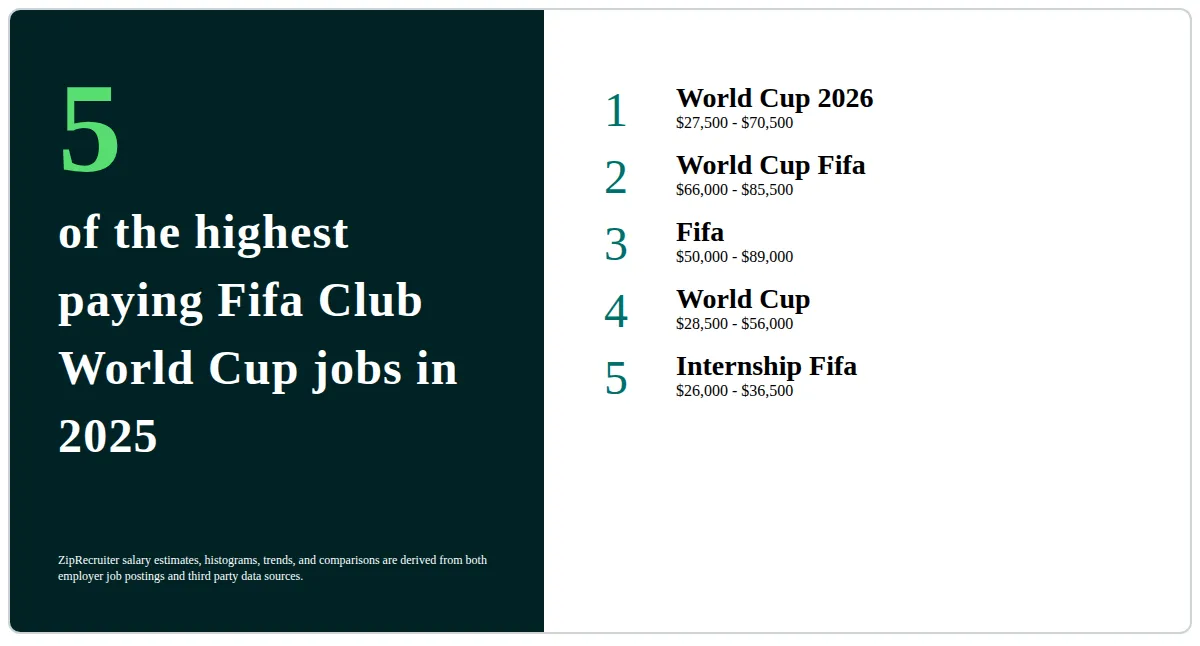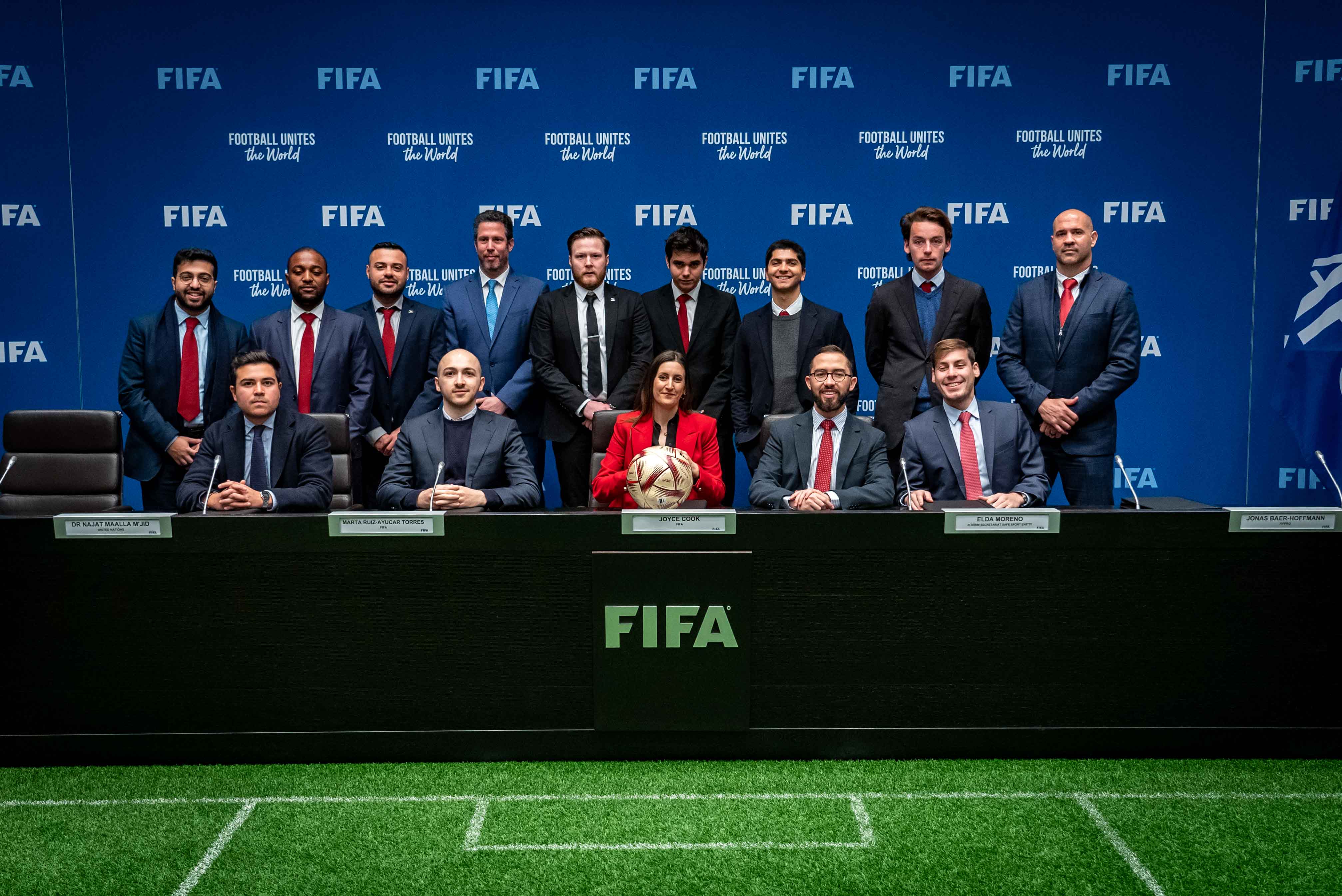I swear, if one more person tells me to just “check LinkedIn” for massive global event jobs, I’m going to lose it. Seriously. Do people think these huge operations just post an ad on a regular job board six months before the kickoff and wait for resumes? Nah, man. That’s not how it works. And I found that out the hard way because I needed an angle. I needed a way in.

It all started up when the last World Cup was winding down. I was sitting there, watching the final, realizing the sheer, insane scale of everything—the logistics, the broadcasting, the crowds. I was between contract jobs, completely skint, and I realized: I don’t care about the tickets, I just want to be inside that ecosystem. I figured if I could score a job that lasted just three months, the networking alone would pay off more than the actual salary. I needed a gig that put me near the action without requiring me to have a decade of specific event management experience.
So, I began digging. And I mean really digging. I didn’t bother with Google much at first. Google just gives you articles about travel packages. I hunted down the official organizing committee sites for the next few host nations. Most of those sites are just fluff, right? They talk about sustainability and culture. But if you click around enough—I mean, really deep into the archived press releases and the partner pages—you start seeing the structures. I pulled up organizational charts for the committees that ran the Olympics in Rio and London, and the WC in Russia, just to see where the bodies are stacked.
What I quickly figured out was that the actual jobs—the high-volume, temporary roles—fall into two buckets: the ones handled by the host country’s government or federation, and the ones handled by specialized contractors that FIFA hires years in advance. The average guy like me isn’t getting into the first bucket unless he speaks fluent Arabic or Spanish and has security clearance. I needed the second bucket.
I spent weeks trawling through obscure industry forums where logistics guys and broadcast technicians hang out. I called up a friend of a friend who worked catering for the Euro Cup five years ago. I bribed a guy in airport security planning with three rounds of beers just to explain how event accreditation works. It was a messy, painful process of connecting dots that didn’t seem to belong together.
And that’s how I finally nailed down the five most accessible roles that pop up for every single major tournament. These aren’t the cushy director roles; these are the grinders that every event needs, and they churn through staff constantly. If you want in, this is where you apply—but you have to know who is doing the hiring, not just the organizing committee itself.

My Top 5 Roles I Found That You Can Apply For
-
Accreditation and Credentialing Support: This was a huge realization. Who makes the badges? A private company hired by the committee. Thousands of people need badges—staff, media, players, vendors, security. You don’t need a degree. You need patience and the ability to operate a printer and a database. I tracked down the contractors that specialize in this. It’s high stress, low pay, but you get access to everything because you are literally the gatekeeper. They always need warm bodies here.
-
Venue Operations Support Staff: Forget the fancy job titles. This is the crew that gets the stuff done inside the stadium perimeter. They don’t run the lights, but they manage the inventory of signage, they coordinate golf carts, they handle access points for vendors, and they staff the non-security checkpoints. This is manual labor mixed with basic coordination. I saw job postings for this role pop up with generic staffing agencies months before the official volunteer call went out.
-
Media Services Assistant: Every tournament has 10,000 journalists descending on it. They all need desks, power outlets, Wi-Fi, and someone to tell them where the lunch is. These assistants are vital. They don’t write the stories; they service the reporters. I found out that these roles are often outsourced to specialist media consultancy firms, not directly hired by the organizing committee. If you can speak decent English and can handle a crisis, they snatch you up.
-
Logistics and Load-In/Load-Out Crew: This is brute force, but necessary. Think about all the promotional stuff, the broadcast equipment, the merch tents. It all has to be shipped in and then shipped out immediately after the final whistle. I learned that the major shipping and logistics partners (think global firms, not just local ones) hire thousands of temps for this peak window. It’s hard work, but the application process is often much faster through the logistics company than through the main event organizers.
-
Volunteer Management Coordinators (Paid Staff): Everyone talks about being a volunteer, but someone has to manage those 20,000 unpaid people. That management team is paid staff. They design the schedules, they run the training sessions, and they handle the daily headaches. You need basic management skills, but more importantly, you need high energy. I discovered these roles open up almost a year before the event because setting up the volunteer program takes forever.

I compiled all this messy data and slapped it together in a document. The big takeaway I got after all that work? You don’t apply to “FIFA” for these jobs. You apply to the third-party contractors that FIFA pays massive amounts of money to handle the messy bits. That’s where the entry-level access point truly is. And you have to get moving way earlier than you think. If the tournament is in 2026, you should be checking these specialist companies now, not waiting for the local recruitment drive to start up.
I never actually applied myself—life took a turn, I landed a steady gig right as the pandemic hit—but I know the system now. And honestly, knowing how the machine actually works is half the battle won.
